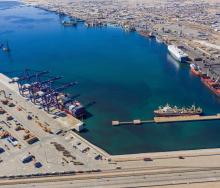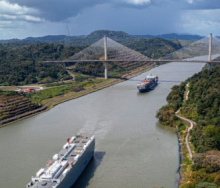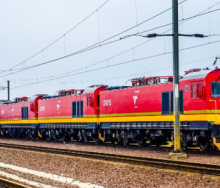Mozambique’s multinational logistics partners responsible for giving the country’s port and rail operations a privatised edge have received a billion-dollar go-head for expanding capacity at the Port of Maputo.
Over and above investing a further $2 billion into Southern Africa’s most progressive port, according to last year’s Container Port Performance Index by the World Bank, DP World and Grindrod’s involvement in running the port has been extended to 2058.
Initially, the concessionaire’s management of the port would’ve ended in 2033, an agreement that includes an existing investment of $1.1 billion.
Privatisation of the port includes control over the country’s railways operator, Portos e Caminhos de Ferro de Moçambique.
Following Tuesday’s announcement by the Council of Ministers, it has been reported that throughput volumes will increase from 37 million tonnes per year to 54 million tonnes when the extended concession period matures.
A significant element of capacity expansion at the Port of Maputo involves increasing coal volumes from 7.5 million tonnes per annum to 18 million tonnes.
Performance at the port is yet more proof of how privatised professionalism and progress are standing Maputo in good stead compared to the plod-along problems experienced at South Africa’s state-run ports.
But expanded coal capacity at the port’s Terminal de Carvão da Matola, could place more strain on the Maputo Corridor into Mozambique.
With year-on-year ongoing coal demand bringing about excessive road freight loads transitting through South Africa’s Lebombo Border Post, Komatipoort has buckled under the pressure of intolerable truck build-up on the N4.
It remains to be seen to what extent ore traffic and border transit improvement efforts help to fast-track ore-load processing into Mozambique.













